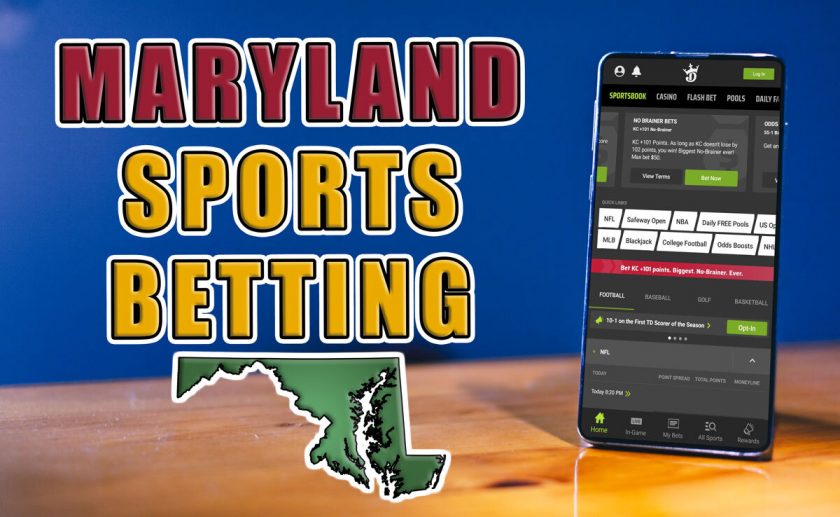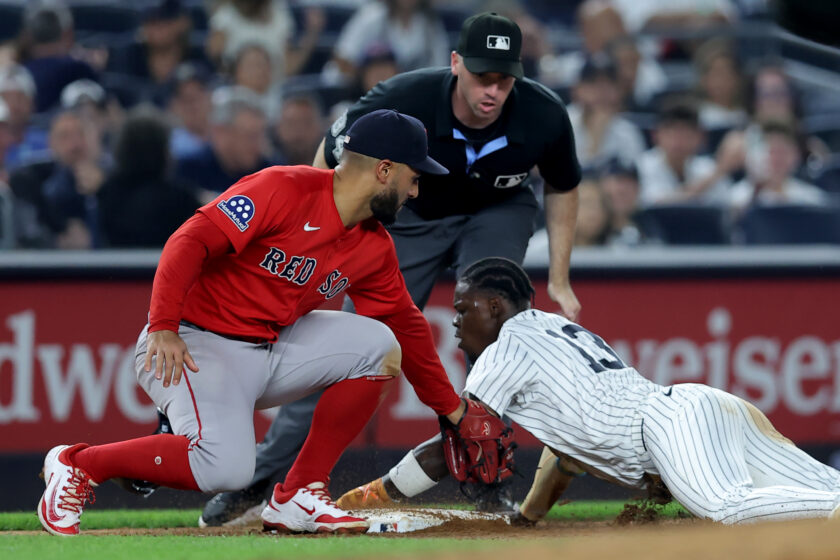BREAKING: Maryland Online Sports Betting Takes Another Step Forward

Maryland in-person and online sports betting took another giant step forward today and state gamblers may be able to place wagers by the upcoming football season.
The Maryland Senate unanimously approved HB 940 by a 47-0 vote, sending the amended sports bill to the House where it must be approved before midnight to move to the governor.
Supporters expect the bill to pass the House.
Last week the Maryland Budget and Taxation Committee unanimously voted to move the amended sports betting bill to the Senate for discussion.
A Limited Amount Of Maryland Online Sports Betting Licenses
The bill was amended this morning to put a cap on the available number of online mobile betting licenses. The Senate agreed to limit the number of online licenses to 60, while the original bill called for an unlimited amount.
Additionally, outside of the already named organizations who qualify for an A and B class licenses, an additional 30 B class licenses were included in the bill.
State Senator Craig J. Zucker (D-14) said the Senate hoped to avoid “oversaturation” of the market by setting a limit on the licenses. It was the intention to give the businesses who apply for a license every opportunity to thrive in the market, he said.
The bill splits betting licenses into several classes. A proposed Class A-1 license would include the largest casinos, professional sports facilities and horse track licensees. A proposed Class A-2 license would include casinos with fewer than 1,000 slot machines; a proposed Class B-1 would include organizations with more than 25 employees and a class B-2 license would include organizations with fewer than 25 employees and less than $3 million in gross receipts.
As previously mentioned, 60 mobile sports betting licenses will also be available.
Unlike New York’s online sports betting plan, Maryland online sports betting providers do not have to be partnered with an existing brick-and-mortar casino. Application fees for a mobile sports betting license would cost an initial $500,000 and $100,000 in renewal fees.
A Class A-1 license would cost $2 million to acquire and $500,000 in renewals; A Class A-2 license would cost $1 million to acquire and $300,000 to renew; A class B-1 license would cost $250,000 to acquire and $50,000 to renew; A class B-2 license would cost $50,000 and $10,000 in renewals.
The bill includes a fund supporting minority and women-owned small businesses that will receive 5% of gross gaming revenues from the Class A-1 and A-2 licenses.
The original bill was sponsored by Democratic House Speaker Adrienne Jones.
Covering regulatory developments in online gambling throughout this fine country.






